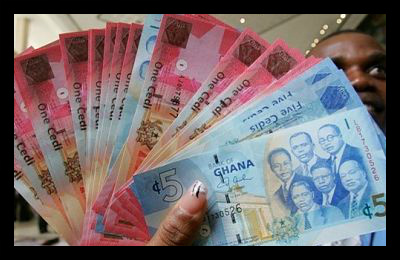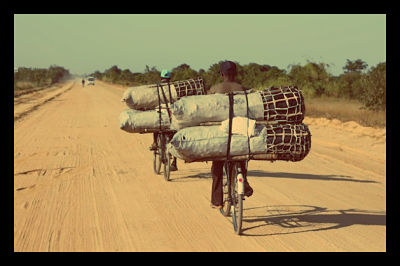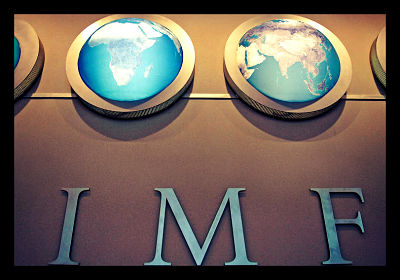
The Western African country of Ghana recently announced that it will seek the assistance of the International Monetary Fund in order to help bolster the country’s currency.
Although the country was once a beacon of hope for strong economies in Africa, it is currently struggling with high rates of inflation — with the current rate at 15 percent. A high inflation rate means that prices of goods are increasing too fast for people’s incomes and standards of living to keep up.
The cedi, Ghana’s currency, has fallen 40 percent against the U.S. dollar this year, moving it to the forefront of one of the world’s worst-performing currencies.
While the country is a major exporter of gold, oil and cocoa, Ghana continually struggles with budget and account deficits. President John Dramani Mahama stated that his government is open to assistance, but emphasized that it is not a bailout.
The country’s finance minister was similarly defensive. In an interview with BBC, the minister said that Ghana could fix its own currency problems and that receiving funding from the IMF was a last resort.
The country could tackle inflation by freezing wages, although this is an unpopular solution among citizens.
The IMF assistance is forecast to help boost investor confidence as the government prepares to sell as much as $1.5 billion in Eurobonds by the end of August.
The country last went to the IMF for aid in 2009, when it secured a $600 million package over three years. The government also has received assistance in the past from a campaign to help poor countries, wherein the majority of its debt was written off.
Michael Kafe, an economist from Johannesburg noted in an interview with BBC that the recommended three year program from the IMF is disappointing.
Kafe explained Ghana’s continued need for support, “This likely points to greater focus on short-to-medium-term solutions for the country’s foreign-exchange issues and not what we see as necessary medium-to-long-term solutions required to deal with chronic balance of payments imbalances that have historically stoked cedi weakness.”
-Caroline Logan



 According to the International Monetary Fund (IMF), there is a 16 percent chance that global growth will dip below two percent this year. An unlikely contender as far as investment options are concerned, investing in Africa may be a lucrative opportunity for investors looking for solace in a declining global market.
According to the International Monetary Fund (IMF), there is a 16 percent chance that global growth will dip below two percent this year. An unlikely contender as far as investment options are concerned, investing in Africa may be a lucrative opportunity for investors looking for solace in a declining global market.